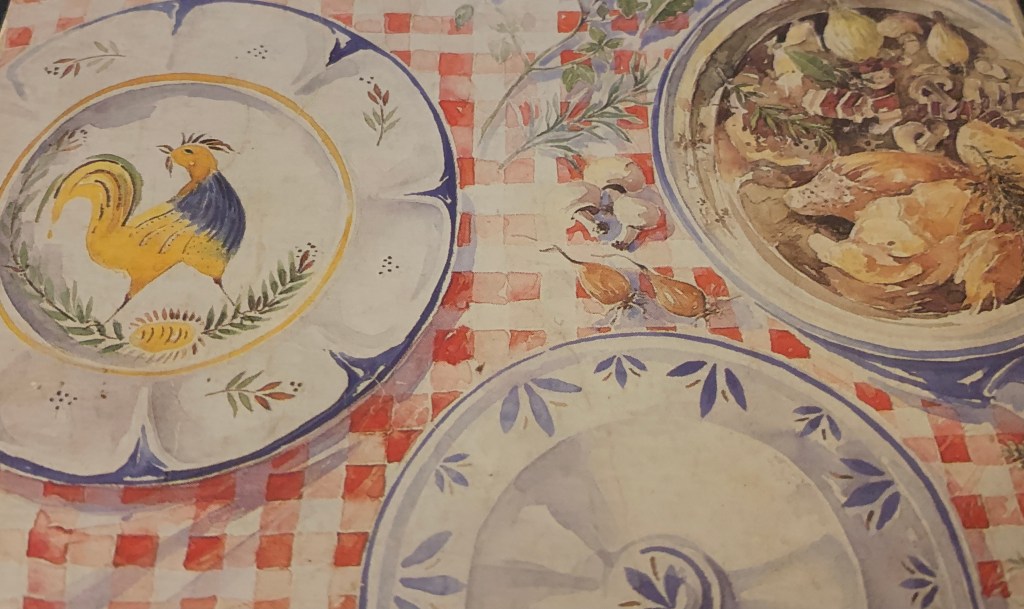
We all want to be loved in our shining magnificence, in our unflawed glory, but true love waits until we are low and exhausted and confused. It beams right through the humble heart and lights us up. It reminds us to be soft and tender and raw. It lets us know that the quiet space of no hope can often be transformed into a new understanding. Love lets us know that we are never alone.
I have learned about love in the unlikeliest of places and from unlikely people and beings. Love often shows up when I am least expecting it. When I am low and close to giving up, it will announce its presence quietly: a shift in the way the light falls over a row of frozen benches looking out over the estuary one early morning; a new note in the tone of someone’s voice; a drop in the wind. All of a sudden there is understanding, a fresh way of apprehending what was previously obscured. Like many of us, I set things up so that my life runs smoothly, rolling on oiled wheels. Love likes to stop me mid-track. Here take a look at this, it says. If I ignore it, it is patient, which is the mark of a great disrupter; love takes its time to surprise you.
Shell fish featured in my first love story. Whelks and cockles, to be precise, which now I think of it are prized as aphrodisiacs. I collected them in a bucket with a boy who couldn’t look at me. I wondered all that day and the next day and for a long time after why he would not meet my eyes. I wanted to find him to ask him – what? Nothing had occurred. We had simply hunched next to each other on a barnacle covered rock and he had told me my future. He told me what he could see, that I was blind to boys like him. I would go after the other kind of boy, which I did. I wonder how he knew this at 12? What I would give to go back in time and take the bucket from his hand and look directly into his eyes and tell him he was wrong.
I went to buy shell fish this morning because I have been dreaming of fresh scallops. I took an old French cook book to bed and read with relish how to make béchamel sauce from scratch. I love this battered old book. I’m enchanted by every recipe created by the cook whose first name is the mysterious initial X. Marcel Boulestin was a food writer from the 1920s and 1930s who inspired many cooks including Elizabeth David. His cooking is plain, elegant and simple. As much as I enjoy imagining creating epinards florentine, spinach in a creamy sauce, I admire Boulestin’s spiky writing. I love the way he tells you precisely what to do.
Clean the spinach well and, having washed it in several waters, drain and dry it. Put it in a thick saucepan with a good piece of butter, and cook, stirring well on a fairly quick fire.
This is how I learned to cook spinach. I love the poetry of washing it in several waters and the good piece of butter, the generosity to the cook with the conviction that this way of cooking spinach and stirring in other ingredients, each carefully picked and prepared, will result in a simple meal of deliciousness. Boulestin’s cooking is probably considered old-fashioned now; there is a lot of cream and butter, I mean a lot, although for me this is part of the charm because it reminds me that cooking creatively means looking at the foundations of good recipes and essential elements and assembling them in the way I would like to eat now.
There were no scallops at the farm shop because the boats had not been able to go out to sea in these high winds. Half expecting this, I had already planned to buy mushrooms instead. Forest fungi packed into a brown box; I chose the oyster mushrooms because they were the closest to the sea theme I had in mind. I still don’t know what I’m going to do with the mushrooms. They are pearly and precious and I want to do them justice. Boulestin has several mouth-watering concoctions involving oil and butter, garlic and parsley. I will perhaps saute them with fresh coriander and lemon because bright flavours are singing to me right now.
Thinking about food is a simple form of love especially when the world outside is complicated and still so uncertain. There is comfort and reassurance in knowing that my outing to the supermarket or farm shop or greengrocer will yield some small pleasure. I find I’m savouring food more than ever because life is precarious and food is one of the loveliest ways to say to yourself or someone you love: here, eat this, I care. It might be wild outside, but this will delight your heart.
The small, simple and humble ways we care matter. Philosopher Alain de Botton says that we need to consider the mundane when practising love. We need to make room for love in our daily domestic lives. When we think of love as some operatic performance we forget how most of us live our lives – in quiet symphonies of small duties. Feeding children, feeding animals, feeding ourselves and those we love with words and actions that leave us either feeling nourished or depleted.
Love has the capacity to illuminate the mundane. When I think of moments when love appeared in this week alone, I recall swift and sudden tears, laughter, gestures of surprise, gratitude, hope, compassion, connection, warmth, imagination and shared understanding: all rich ingredients of love.
